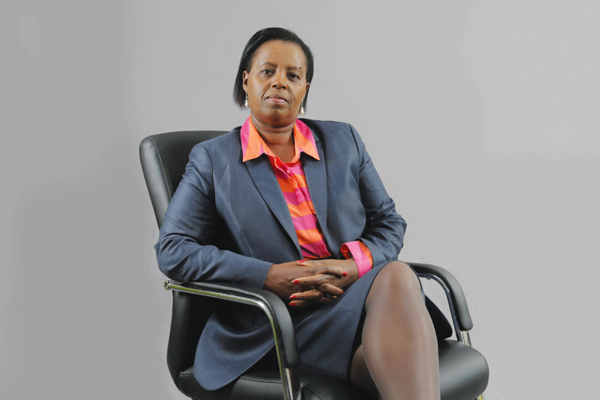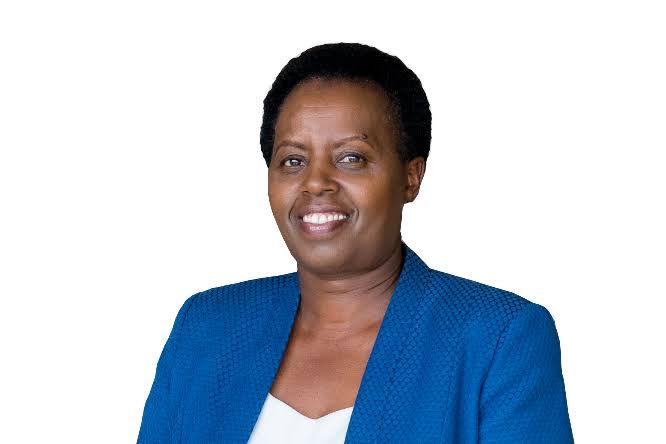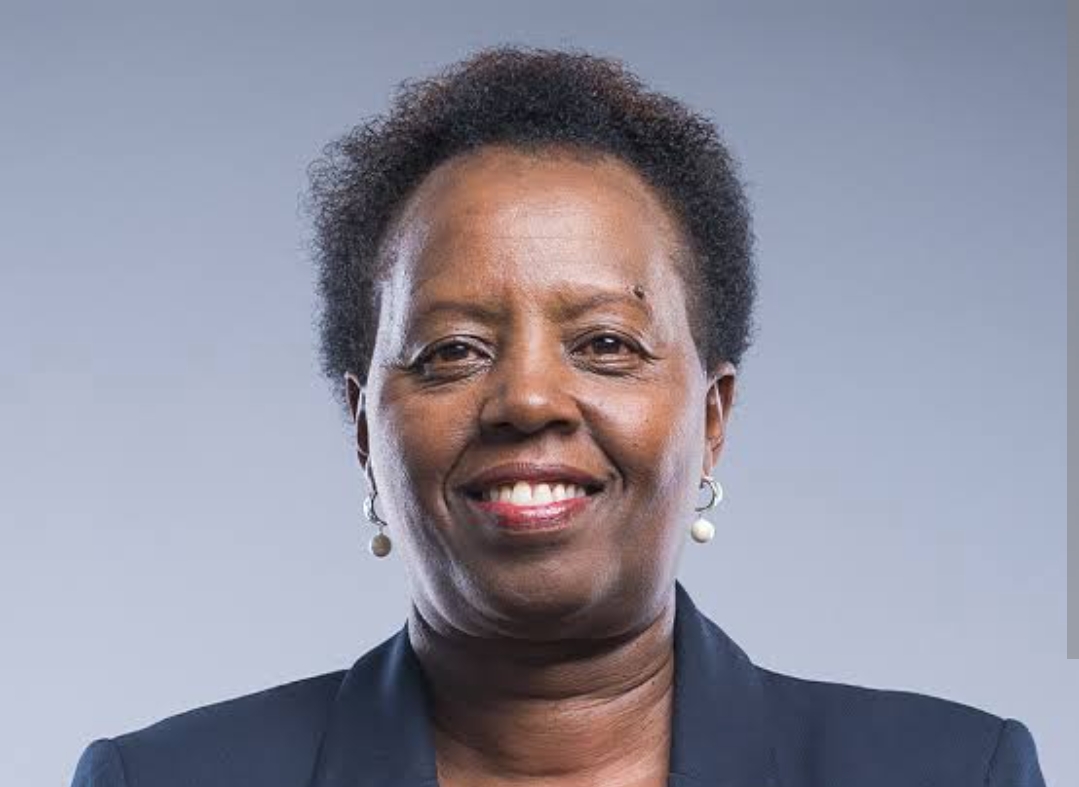East African Breweries Limited (EABL), under the leadership of CEO Jane Karuku, is under fire for alleged gender-based discrimination in its hiring practices.
An anonymous whistleblower has accused the company of prioritizing female candidates for certain roles, effectively sidelining qualified male applicants.
This approach, purportedly aimed at empowering women in the workplace, has sparked concerns about fairness and meritocracy.

EABL CEO Jane Karuku. Photo: Cyprian Nyakundi Source: X
Speaking to us on condition of anonymity, the source expressed frustration: “Hi Nyakundi. I read today’s report on more women earning over 100k—92% of them are women.
A case in point is KBL, where only women are being considered for certain positions. This means no man stands a chance. Why not let merit decide? Kindly keep this confidential; I don’t want issues with them.”
This revelation aligns with a larger trend reported by the Kenya National Bureau of Statistics (KNBS), highlighting a significant rise in women occupying high-paying jobs. According to KNBS, women now make up a staggering 92% of new top earners in Kenya’s formal sector.
While many applaud the progress toward gender equity, critics argue that prioritizing one gender over another undermines the principles of fair competition.

EABC CEO Jane Karuku. Photo: Tuko Source: Facebook
“Such quotas might be well-intentioned, but they risk alienating qualified individuals based solely on gender,” said one HR expert.
EABL has yet to comment on these allegations. However, the controversy is fueling a broader debate on balancing gender equality initiatives with merit-based hiring.
As the conversation unfolds, the public eagerly awaits a response from the company and hopes for policies that promote both inclusivity and fairness.



